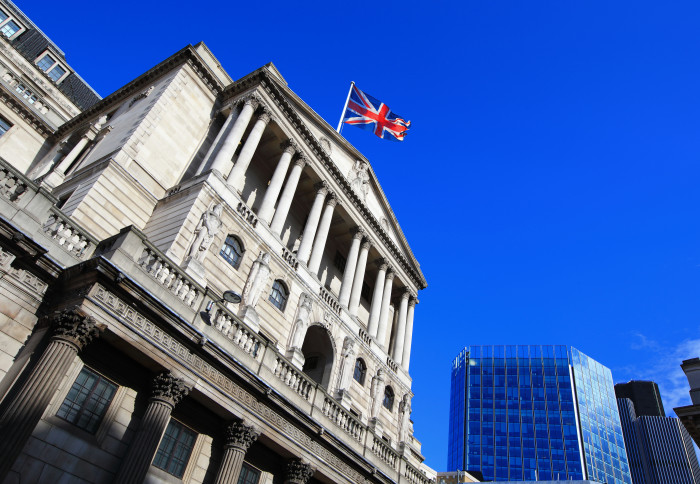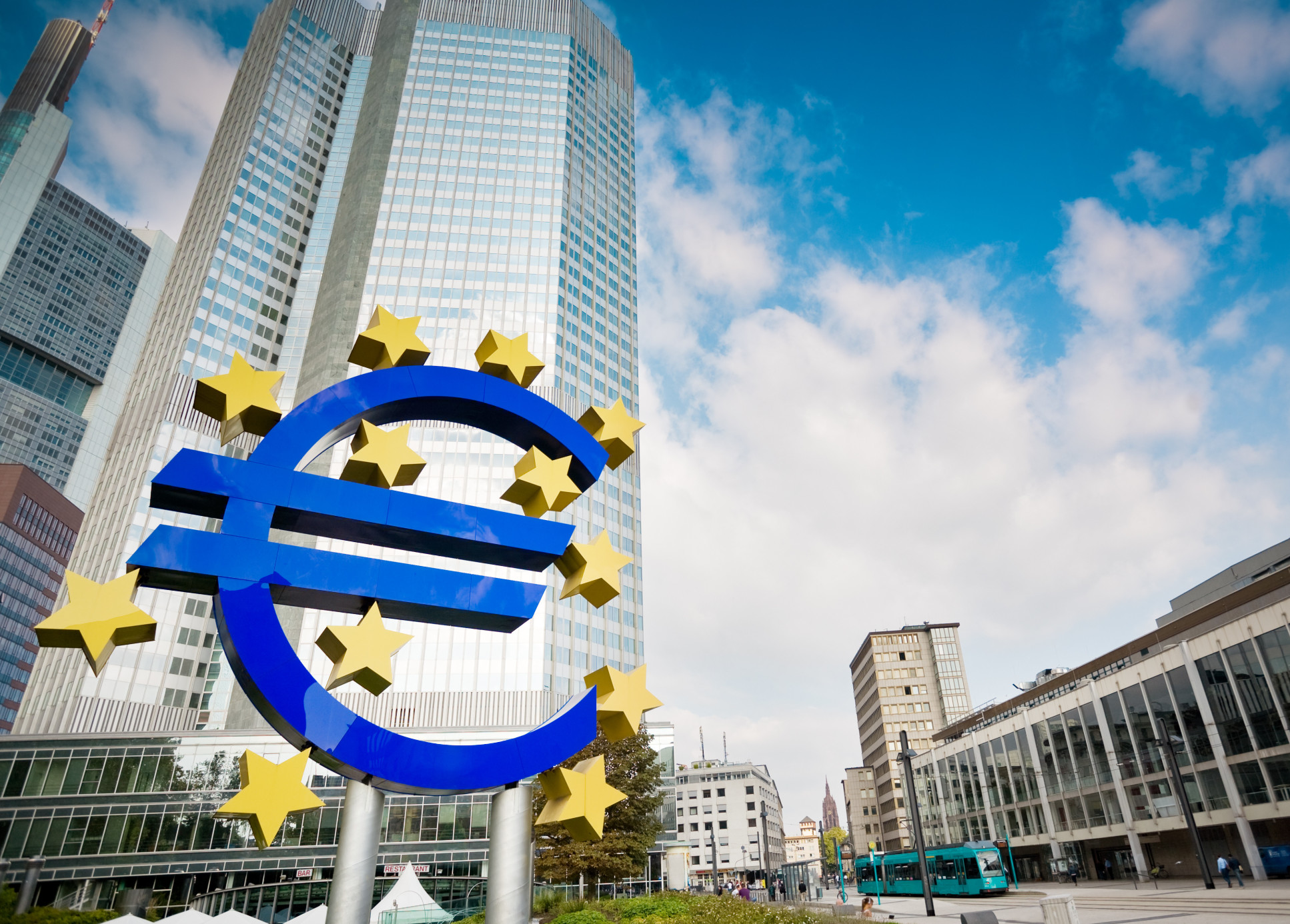
The current Bank of England interest rate is 0.1%
Global S&T Development Trend Analysis Platform of Resources and Environment
| Could the UK be set for negative interest rates? Views from Imperial's experts | |
| admin | |
| 2020-11-03 | |
| 发布年 | 2020 |
| 语种 | 英语 |
| 国家 | 英国 |
| 领域 | 资源环境 |
| 正文(英文) | 
The current Bank of England interest rate is 0.1% 
UK interest rates are currently at record lows of just 0.1% but could they soon turn negative? The Bank of England’s Monetary Policy Committee (MPC) - made up of nine members including Imperial's Professor Jonathan Haskel - are responsible for setting the base interest rate. We asked academics from Imperial College Business School, whether this could happen and what impact it could have: Will the Bank of England set negative rates?
David Miles is Professor of Financial Economics at the Business School, and a former member of the Bank of England’s MPC. “The message that’s coming back very strongly from financial institutions and banks, is ‘this is messy, difficult and will make life hard for us’. “I think there’s mixed-evidence inside the Bank of England about how effective negative rates would be, so on balance you probably couldn’t get a majority on the Committee to vote for it, at least not now.” "Negative interest rates make it less expensive to borrow and therefore, consumption and investment on the side of households and firms are incentivised. This can be important to get the economy going again after the strong negative impact of the pandemic." How would negative rates affect banks?
Dr Custódio: "In theory, a negative rate environment could see banks pay borrowers for taking loans and depositors charged for holding money." Professor Miles: "If banks were to charge customers to deposit money, I think customers would soon get fed-up and it would sour that relationship. I think most banks would say they’re not going to do that. "That would limit their ability to pass negative interest rates on to the people that have borrowed from them. "There's a question of whether you try to force banks to pass it on and squeeze their profitability, which may not be the most sensible thing to do in a world in which they may find they have some bad debts coming down the road anyway, due to the economic uncertainty caused by the pandemic. "Why would you want to erode their strength when they’re just about to be tested by bad debts picking up? How would it impact households and businesses?Dr Custódio: "The possibly good and intended consequence of this policy is a boost in demand in the short run, so that the economy can grow. “As it is cheaper to borrow, households are expected to consume more and this should get the economy going again. But a potential issue is that it disincentives households to save, which was already at a historically low level prior to the lockdown. “With negative rates, businesses would be expected to invest more in the short run because their cost of capital is lower. But In the long run, short saving rates might compromise investment. Has it been tried in other countries and was it successful?
Dr Custódio: "Following the financial crisis in 2007/8, other economies in Europe responded to a sluggish recovery by setting negative rates. Japan has also had negative rates for four years. "It is not yet clear whether a negative interest rate economic environment is sustainable for a long period of time, but again in Europe we have seen this going for more than six years now." Professor Miles: "A positive view might say it hasn’t done a huge amount of damage in the Euro area but it hasn't exactly generated a splurge of new investment either. The UK unemployment rate has been consistently lower than the Euro area for a long time and negative rates didn’t dent that gap at all. "I think in some ways the best you can say about the European Central Bank experiment is it hasn’t been a disaster but it certainly hasn’t generated a strong economic recovery and has left the average unemployment rate well north of where the UK unemployment rate is." |
| URL | 查看原文 |
| 来源平台 | Imperial College London |
| 文献类型 | 新闻 |
| 条目标识符 | http://119.78.100.173/C666/handle/2XK7JSWQ/301377 |
| 专题 | 资源环境科学 |
| 推荐引用方式 GB/T 7714 | admin. Could the UK be set for negative interest rates? Views from Imperial's experts. 2020. |
| 条目包含的文件 | 条目无相关文件。 | |||||
| 个性服务 |
| 推荐该条目 |
| 保存到收藏夹 |
| 查看访问统计 |
| 导出为Endnote文件 |
| 谷歌学术 |
| 谷歌学术中相似的文章 |
| [admin]的文章 |
| 百度学术 |
| 百度学术中相似的文章 |
| [admin]的文章 |
| 必应学术 |
| 必应学术中相似的文章 |
| [admin]的文章 |
| 相关权益政策 |
| 暂无数据 |
| 收藏/分享 |
除非特别说明,本系统中所有内容都受版权保护,并保留所有权利。
修改评论